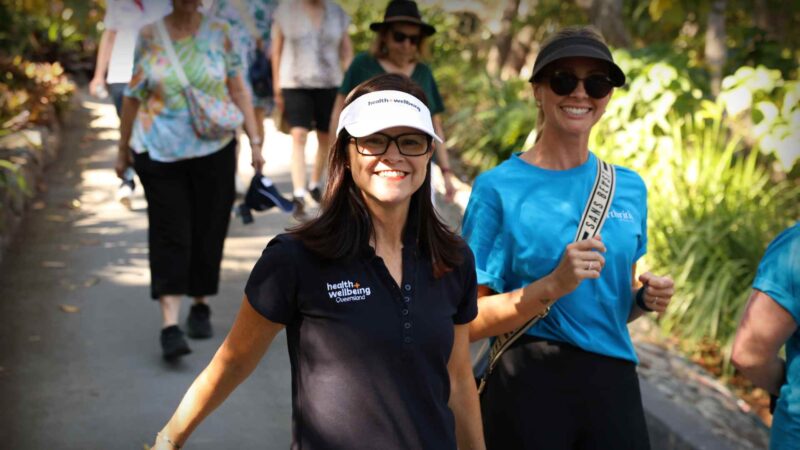HYPERTENSION AND THE GUT MICROBIOME: USING GUT MICROBES TO REDUCE BLOOD PRESSURE
Professor Francine Marques
Professor of Genetics and Genomics
Monash University, Victoria, Australia
RESEARCHER PROFILE (Filmed in Clayton, Victoria | December 2024)
Professor Francine Marques is an National Health and Medical Research Council Emerging Leader, Viertel Charitable Foundation, and National Heart Foundation Fellow.
She leads the Hypertension Research Laboratory at Monash University and has published more than 120 peer-reviewed papers in journals such as Nature Reviews Cardiology, Nature Medicine, Nature Cardiovascular Research, and Circulation.
As a researcher Professor Marques has secured over $10 million in competitive funding as a principal investigator. She has won 31 awards, including the 2019 American Heart Association Hypertension Council Goldblatt Award, the 2020 High Blood Pressure Research Council of Australia and 2021 International Society of Hypertension Mid-Career Awards, the 2021 Australian Academy of Science Gottschalk Medal, and the 2024 Australian Society of Medical Research Peter Doherty Leading Light Award, and was a finalist for 12 awards, including the Eureka Prize Emerging Leader in Science.
Her research team aims to build exceptional scientists that help improve cardiovascular health, using translational approaches to lower blood pressure via the gut microbiome. Professor Marques is also passionate about equity, diversity and inclusion (EDI) and helping communities change the current culture of research.
She has led research identifying intrinsic equity issues in the cardiovascular research community in Australia (https://pubmed.ncbi.nlm.nih.gov/32839116/), followed by research to find solutions for these issues (https://pubmed.ncbi.nlm.nih.gov/35577952/), resulting in the 2021 Women’s Agenda Emerging Leader in STEM award.
Outside work, Francine enjoys baking, travelling, spending time with family, friends and her dogs, and reading books.
You Might also like
-
Paediatric obesity prevention, nutrition and dietetics
Leveraging a systems-based and collaborative approach, Dr Littlewood over the past 25 years has driven research and data outcomes in the area of health and wellbeing. Dr Littlewood leads a dedicated team focused on making healthy happen for all Queenslanders, with a particular focus on improving health outcomes for the next generation.
-
Understanding the experience of pain for novel brain-based treatments
Associate Professor Tasha Stanton leads the Persistent Pain Research Group at SAHMRI. She is also co-Director of IIMPACT in Health at the University of South Australia, Adelaide. She is a clinical pain neuroscientist, with original training as a physiotherapist, and her research focusses on pain – why do we have it and why doesn’t it go away?
-
RESEARCH IMPACT: 35 years of kids’ health research
The Kids Research Institute Australia is one of the largest and most successful medical research institutes in Australia. The Institute has created a blueprint that brings together community, researchers, practitioners, policy makers and funders, who share our vision to improve the health and wellbeing of children through excellence in research. In November 2025, The Kids Research Institute Australia celebrated 35 years of bold ideas, groundbreaking research, and the people who find answers to the big questions about better health outcomes for children and families.

 https://orcid.org/0000-0003-4920-9991
https://orcid.org/0000-0003-4920-9991


